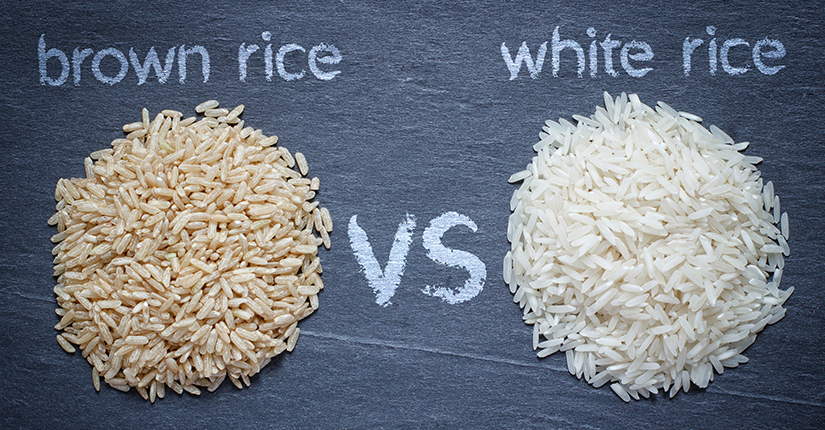4 Essential Health Checkups for Managing Childhood Obesity: Prioritize Your Child’s Well-being
By Nmami Agarwal 08-Jul 2023 Reading Time: 6 Mins

Introduction
Childhood obesity is a growing concern worldwide, with significant long-term health implications. To effectively manage and prevent complications associated with obesity, regular health checkups are crucial. This article will discuss four essential health checkups that parents should prioritize to ensure their child’s well-being and tackle childhood obesity effectively. These checkups include Body Mass Index (BMI) assessment, blood pressure measurement, lipid profile testing, and glucose and insulin assessment. Parents can take proactive steps to promote their child’s health and prevent obesity-related complications by focusing on these areas.
- Body Mass Index (BMI) Assessment:
- Body Mass Index (BMI) assessment is fundamental for determining whether a child is within a healthy weight range or at risk of obesity.
- BMI is calculated by dividing a child’s weight in kilograms by the square of their height in meters.
- Healthcare professionals use age and gender-specific growth charts to interpret BMI scores accurately.
- Regularly monitoring a child’s BMI helps identify potential weight-related issues early on.
- If a child’s BMI falls above the recommended range, healthcare providers can recommend necessary lifestyle changes, such as adopting a healthy diet and increasing physical activity.
- By addressing weight concerns promptly, parents can support their child in achieving and maintaining a healthy weight, reducing the risk of obesity-related complications.
- Blood Pressure Measurement:
- High blood pressure, or hypertension, is a common comorbidity associated with childhood obesity.
- Regular blood pressure measurements are vital in identifying early signs of hypertension and initiating timely interventions.
- Elevated blood pressure levels in children can lead to cardiovascular problems and other health complications.
- By regularly monitoring blood pressure, healthcare professionals can determine if lifestyle modifications, such as dietary changes and increased physical activity, are sufficient or if additional interventions are necessary.
- Timely detecting and managing high blood pressure can significantly reduce the risk of heart disease, stroke, and other obesity-related complications later in life.
- Parents should check their child’s blood pressure during routine medical visits to maintain optimal cardiovascular health.
Lipid Profile Testing:
- Lipid profile testing involves evaluating various blood lipids, including cholesterol and triglyceride levels.
- Obesity in childhood often contributes to unfavorable lipid profiles, increasing the risk of cardiovascular diseases.
- Regular lipid profile testing helps identify abnormal lipid levels early on, allowing healthcare providers to implement appropriate interventions.
- A healthy diet, regular exercise, and, in some cases, medication may be recommended to manage lipid abnormalities and reduce the risk of heart disease.
- Parents can actively participate in their child’s health management by monitoring lipid profiles and making informed decisions regarding lifestyle modifications and treatment options.
- Regular lipid profile testing is essential to managing childhood obesity and ensuring long-term cardiovascular health.
Glucose and Insulin Assessment:
- Childhood obesity is closely linked to insulin resistance and the development of type 2 diabetes.
- Average glucose and insulin levels assessment are crucial to identify early signs of impaired glucose metabolism.
- These tests help healthcare professionals evaluate a child’s risk of developing diabetes and initiate preventive measures.
- Lifestyle modifications, including a balanced diet, increased physical activity, and weight management, can help improve glucose and insulin levels.
- Early intervention through regular monitoring can significantly reduce the risk of developing type 2 diabetes and its associated complications.
- Parents should prioritize regular glucose and insulin assessments as part of their child’s health checkups to promote healthy glucose metabolism and minimize the long-term health risks associated with diabetes.
Conclusion:
Prioritizing your child’s well-being includes regular health checkups aimed at managing childhood obesity effectively. Essential assessments, such as BMI, blood pressure measurement, lipid profile testing, and glucose and insulin assessment, provide valuable insights into your child’s health status. By monitoring these parameters, parents can take proactive steps to prevent and manage childhood obesity, ensuring a healthier future for their children. Regular health checkups empower parents to make informed decisions and support their child’s journey toward optimal health and well-being.





















